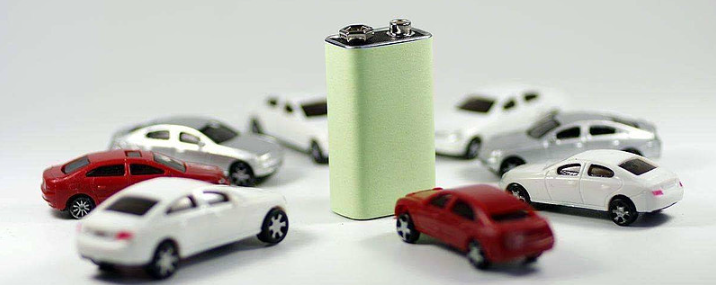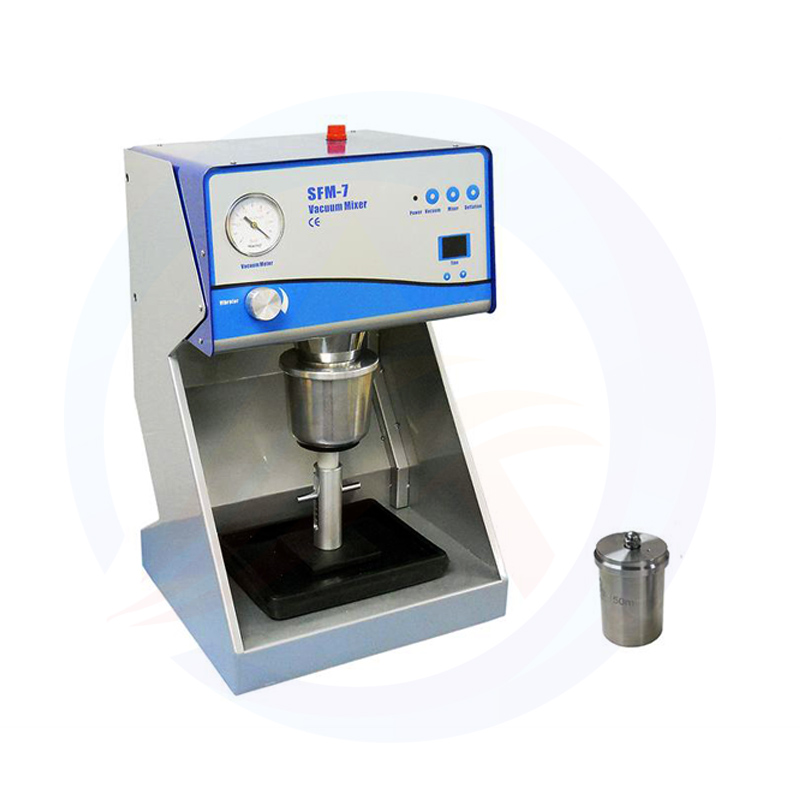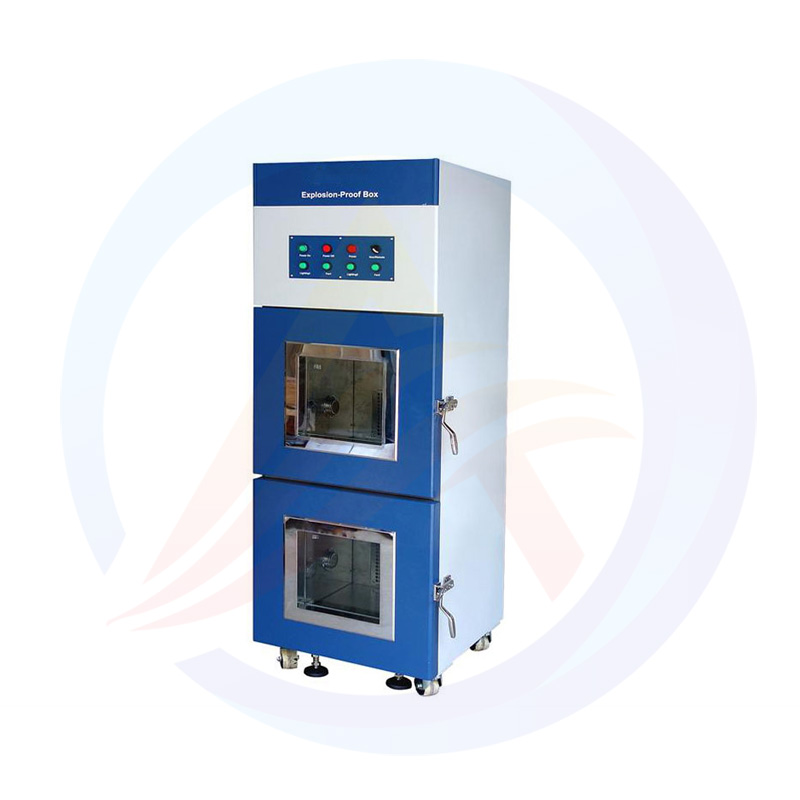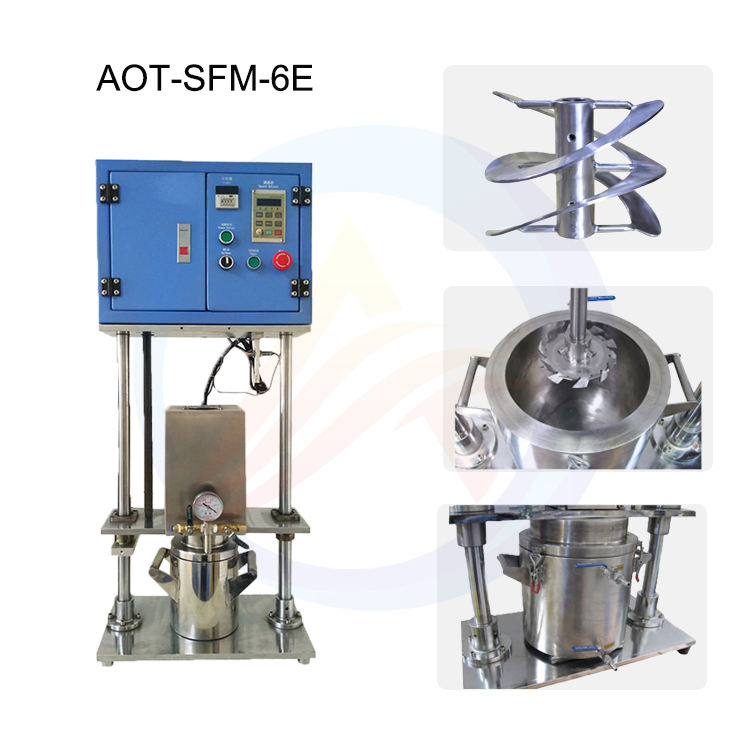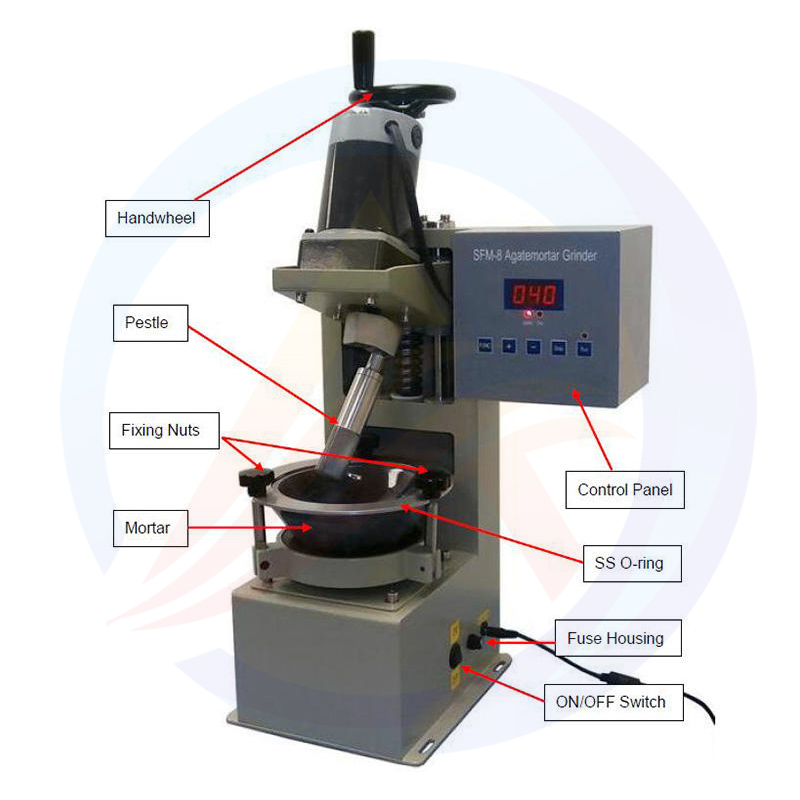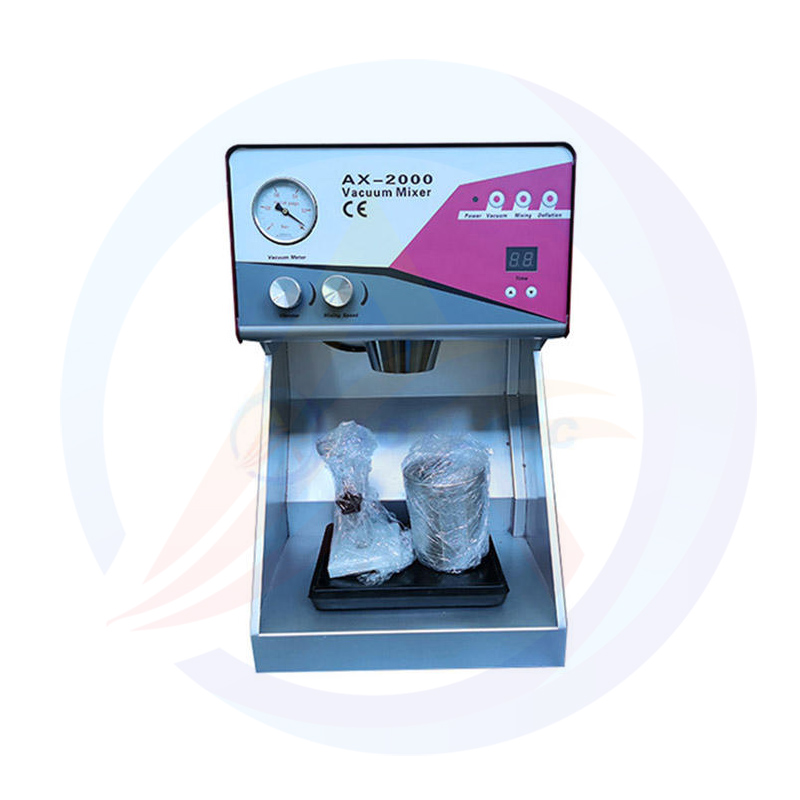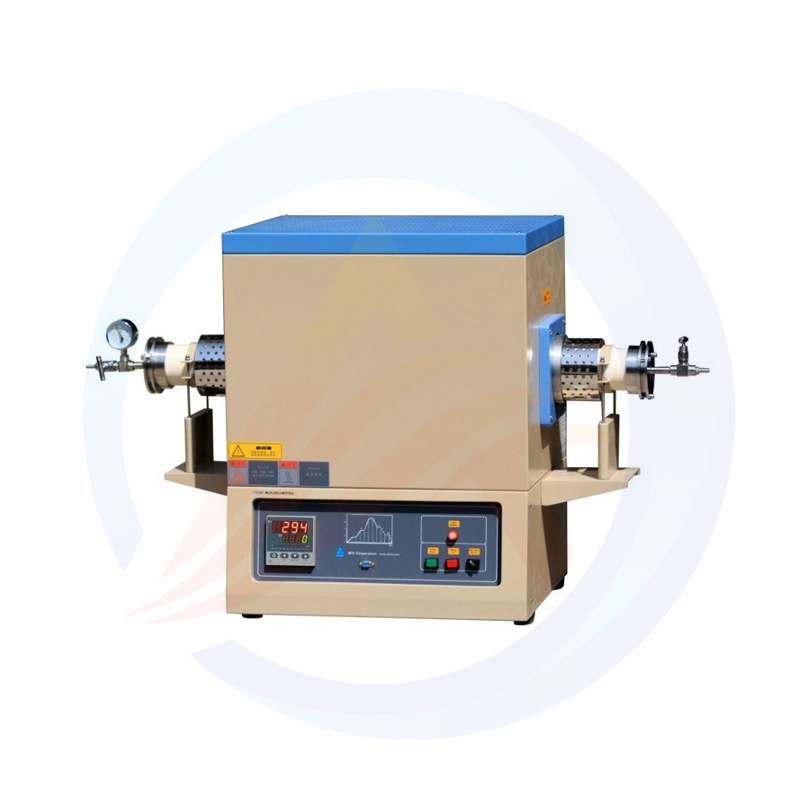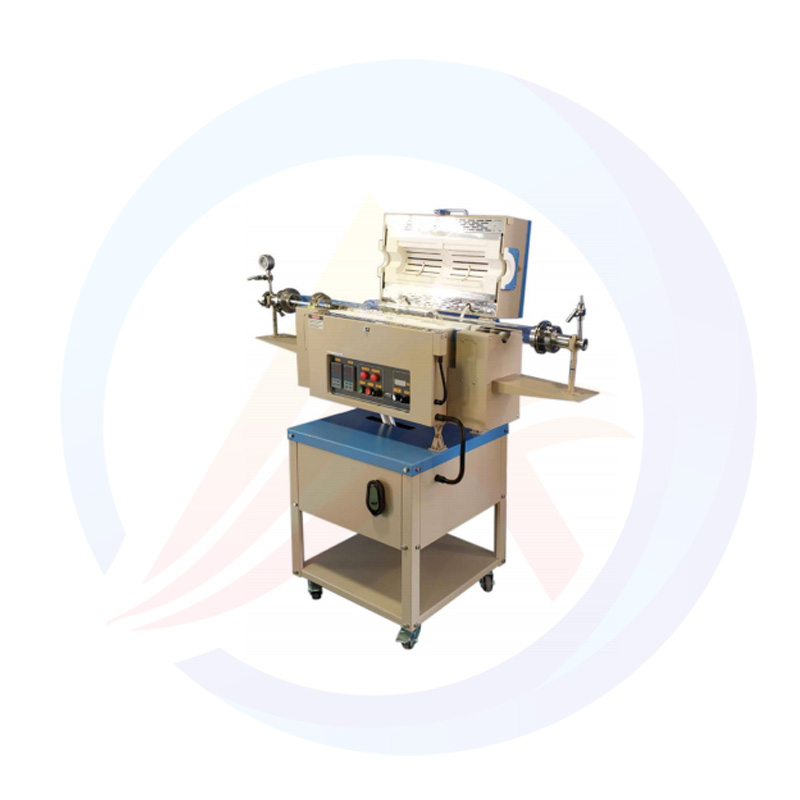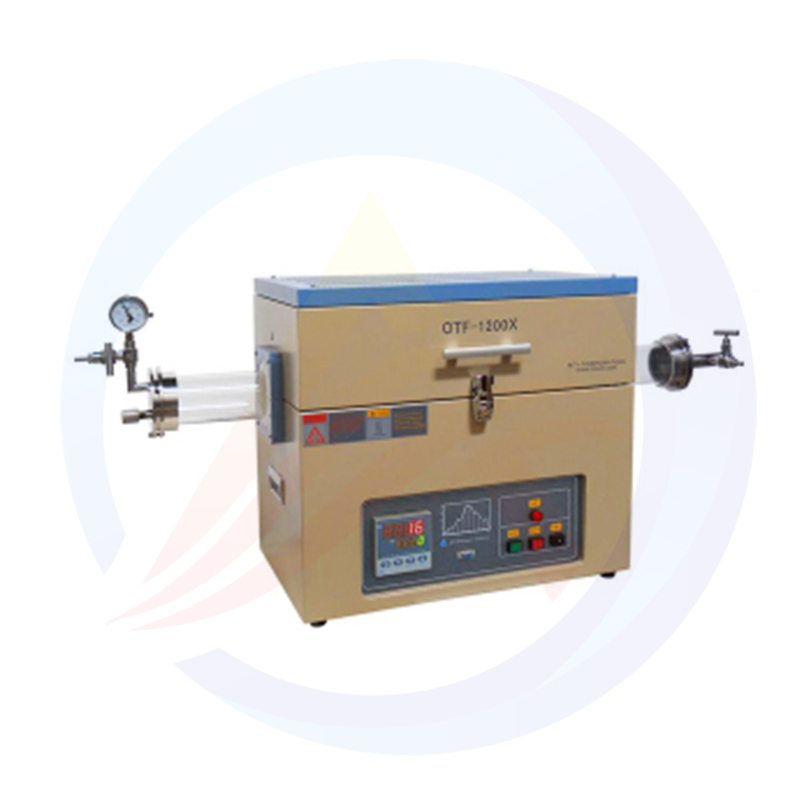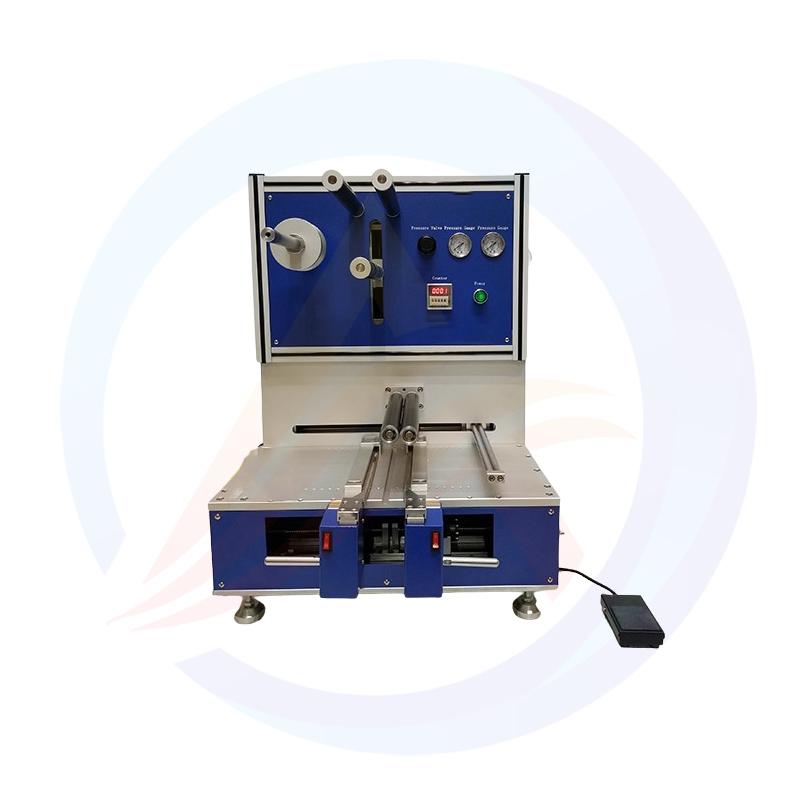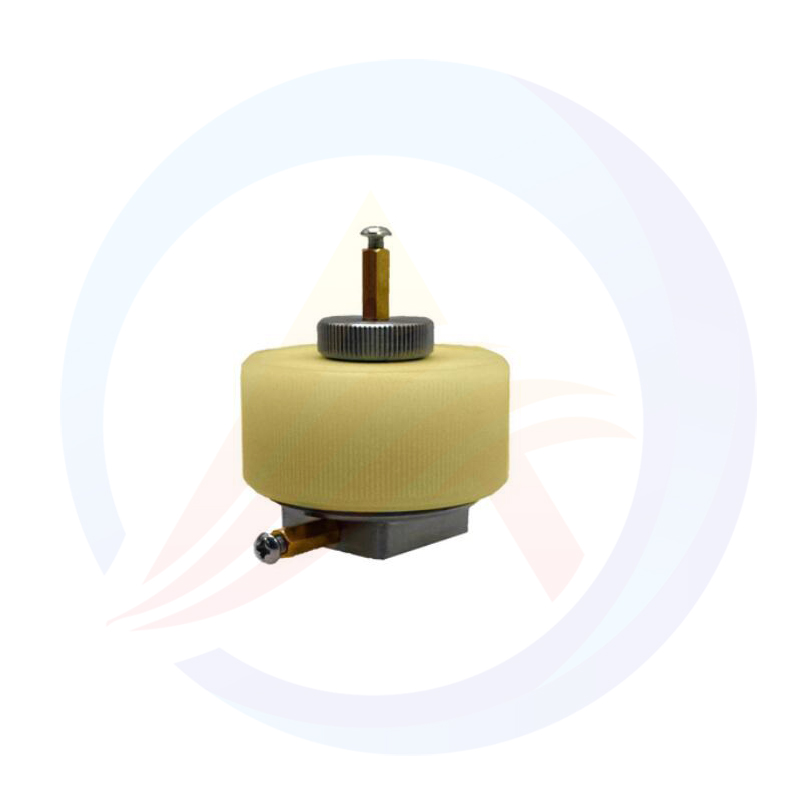Lithium iron Battery will be responsible for the electrification of vehicles
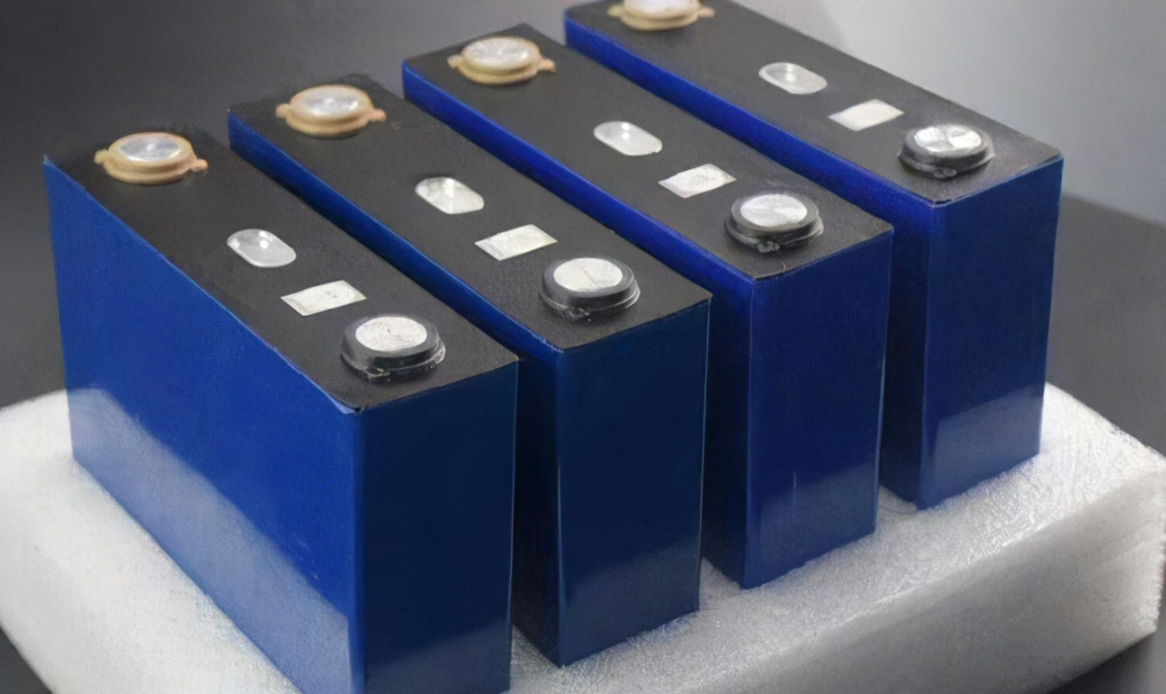
Tesla plans to expand the use of lithium iron batteries into its heavy-duty electric truck (Semi) and economy electric vehicles.
Recently, the electric car "brother" Tesla CEO Elon Musk said that the vast majority of the future of electrification will be the iron lithium battery.
Recently, Tesla said it plans to expand the use of cheaper iron lithium batteries to its heavy-duty electric trucks (Semi) and economic electric vehicles. In the documents released by Tesla, it is revealed that Tesla's electric truck (Semi) will use lithium iron batteries, but no specific details are provided.
Starting in December 2022, Tesla will deliver the Semi electric truck, which uses a three-way battery that can travel 500 miles, or 800 kilometers, per charge. Preparing to use lithium iron batteries this time means that Tesla's strategy for electric trucks is a major change.
In addition, Tesla will also use lithium iron batteries in the Model 3 and Model Y.
South Korean battery company SK On plans to start mass production of lithium iron phosphate (LFP) batteries as early as 2026
According to report, South Korean battery company SK On plans to start mass production of lithium iron phosphate (LFP) batteries as early as 2026 to supply a number of car manufacturers. Choi Young-chan, chief administrative officer of SK On, said the company is in talks with a number of major traditional automakers or original equipment manufacturers (Oems) who are seeking LFP battery supply agreements.
Choi did not name the automaker, but said it plans to start mass production of lithium iron phosphate batteries after the discussions, possibly in Europe or China. From the perspective of SK On's existing battery production base, it is mainly distributed in South Korea, the United States, Hungary and China.
It is worth noting that before SK On's statement, the other two major battery manufacturers in South Korea, LG New Energy and Samsung SDI, have long publicly said that they will lay out lithium iron phosphate batteries.
In March 2023, Chief Executive Officer (CEO) Kwon Young-soo said at a shareholders' meeting that the company will start producing lithium iron phosphate (LFP) batteries for electric vehicles from 2025. According to the news in February of the same year, LG new energy lithium iron phosphate battery was in the research and development stage at that time, the density is 20% higher than the battery that supplied Tesla Model 3 in the Ningde era, but the cost is also higher, and LG new energy version uses cobalt-free cathode, and is a soft package type, and the goal is to supply Tesla. And its application in the energy storage end of the lithium iron phosphate battery development earlier, according to the plan is to start sales in the first half of 2023.
Samsung SDI, in March 2023, Samsung SDI announced that it had started the research and development project of lithium iron phosphate batteries. In August, it was revealed that Samsung SDI will build a lithium iron phosphate battery production line at its plant in Ulsan, which is also the first production line for this type of battery in South Korea. However, it is not yet certain whether the lithium iron phosphate batteries to be produced will be used in electric vehicles or energy storage systems. It should be mentioned that at the Munich Motor Show in September 23, Samsung SDI also demonstrated its lithium iron manganese phosphate (LMFP) battery.
The industry believes that the reason for the layout of the battery in South Korea's big three is mainly because of the mainstream car companies' favor for lithium iron phosphate batteries, and many international mainstream car companies such as Tesla, Daimler, Ford, Stellantis Group, and Rivian are using or showing their willingness to use lithium iron phosphate batteries. In particular, Ford, as one of SK On's main customers, is cooperating with Ningde Times to build a factory in the United States, and the new plant will mainly provide lithium iron phosphate batteries for Ford's electric vehicles.
